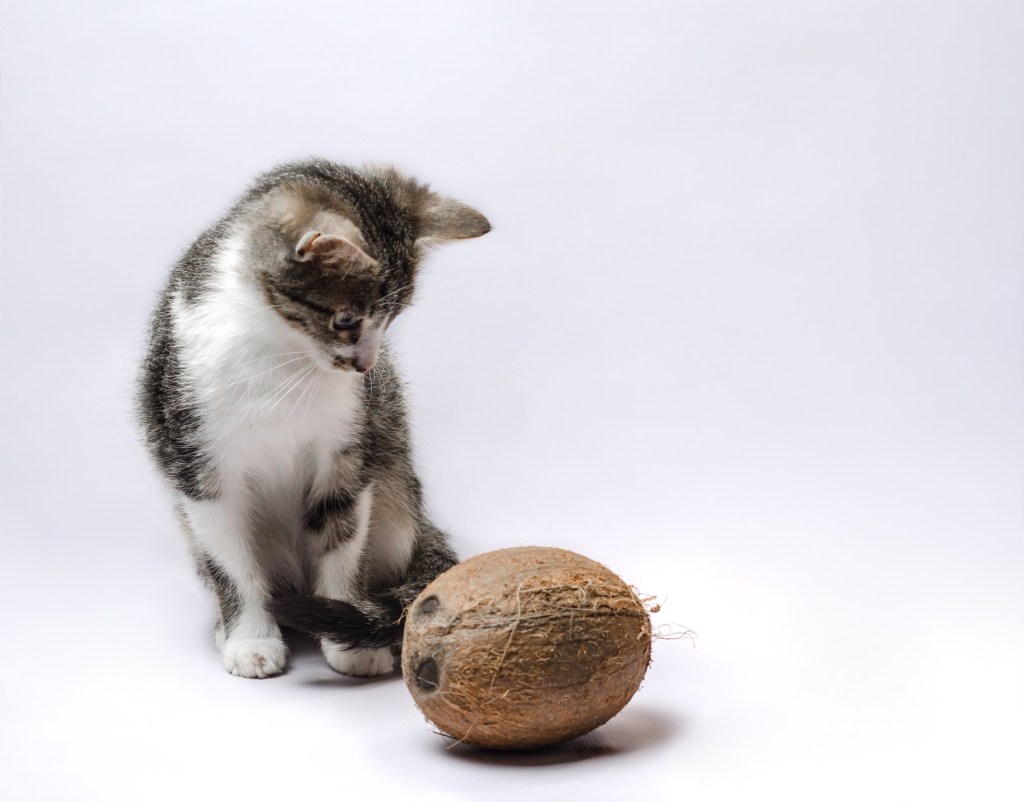Table of Contents
Key Takeaways
- Monk fruit is the source of a popular new natural sweetener with zero calories and no known health side effects.
- While monk fruit extracts appear to be safe for dogs, you should not intentionally feed your pets sweetened foods, whether with sugar or other substances.
Monk fruit is a type of melon grown in southern China that is said to be super sweet, and reputedly has a range of health benefits. Monk fruit extracts have taken off as a natural sweetener that is said to be 200 times sweeter than sugar, but with no calories and none of the negative health impacts of sugar, according to several studies.
Monk fruit sweeteners are created by removing the fruit’s seeds and skin, crushing the fruit, and collecting the juice.
While you probably won’t find the small green fruit at your local grocery store (apparently China guards it jealously), hundreds of products are now based on the fruit, in the form of a granulated or powdered sugar replacement, liquid drops, baking mixes, and syrup. While the Lakanto brand is dominant, several other brands of monk fruit sweeteners are also available in the U.S.
Health-conscious consumers call monk fruit sweetener “the next stevia” after the other super sweet and natural additive. But some enthusiasts go further by describing qualities that make it sound like a miracle fruit. Besides having no calories, there is some evidence that the extract may have other positive health benefits such as helping with weight loss and blood sugar control, according to The Grinning Monk, one of the U.S. companies selling the product. The sweetener is often recommended to those on a diabetic or ketogenic diet.
Can You Feed Monk Fruit to Your Dog?
You may be wondering if your dog can have monk fruit sweetener. Generally, it appears to be safe for dogs as long as it doesn’t contain xylitol, which is dangerous and often fatal to dogs. In a 2006 study, six dogs were fed some monk fruit sweetener every day for a couple of months, and there was no difference in any blood, organ, or tissue testing, and all the dogs were healthy.
That doesn’t mean you should intentionally feed it to your pet, but if they accidentally ingest some or eat a treat that contains it, it appears that it won’t do any harm.
According to the American Kennel Club, sweets or artificially sweetened foods should not be part of a healthy pet’s diet. Stick to high-quality dog food and an occasional healthy treat, such as plain cooked veggies or fresh fruit.
If you buy some monk fruit sweeteners for yourself, make sure it’s the kind made with erythritol (sugar alcohol), which is also safe, in case your pup gets into those cookies you’ve baked. And for your own health, look for a monk fruit product that is produced in the U.S. and is certified by the U.S. Department of Agriculture, so that you know it’s been tested and deemed safe.
Curious about what is okay and not okay for your dog to eat? Check out our comprehensive guide on what human foods are safe and not safe for dogs.
Monk fruit is safe, but not all fruits are safe for pets. Consider protecting your dog in case he ingests something toxic with a pet insurance plan to help cover the veterinary care. Start by getting a quote.








